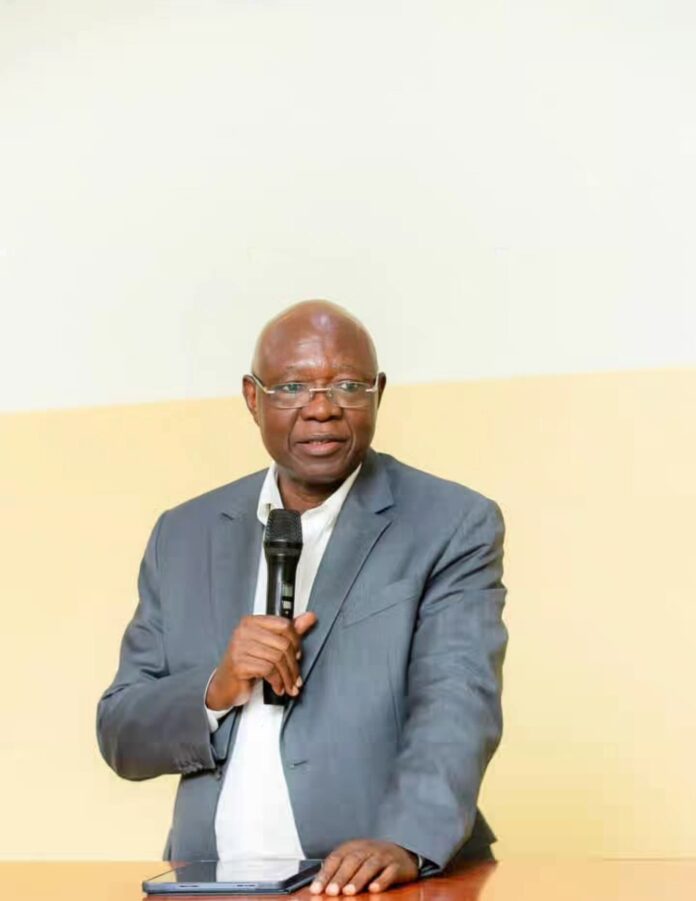In my October 2023 address, “Redefining Leadership and Governance in a Nation in Crisis”, I cautioned against two threats that could derail democratic governance amid the wave of military takeovers sweeping our sub-region.
The first—speculation that the incumbent government might subvert the people’s will in the 2024 elections—did not materialize.
The second, a more pressing danger, is that if the newly elected NDC government under President Mahama adopts a business-as-usual approach, public expectations will again be dashed.
Ghanaians are now demanding swift, decisive action on two critical issues: the Operation Recover All Loots (ORAL) initiative and the galamsey menace.
These are not merely policy matters—they are existential and moral tests. Failure to act decisively risks igniting frustrations that could undermine democracy and erode trust in leadership.
A Nation at a Crossroads
President Mahama recently highlighted the growing preference among some youth for military rule—a sentiment born of disillusionment. This reflects a democracy failing to deliver safety, dignity, and opportunity. Instead, citizens face:
-
Hate, division, and exclusion
-
Impunity and corruption
-
Economic mismanagement and environmental destruction
-
Youth unemployment, poverty, and inequality
-
Social unrest and political tension
This is not the democracy Ghanaians fought for. A national reset must go beyond rhetoric to leadership with moral purpose.
Key Elements of Resetting the Nation
-
Moral Leadership
Ghana’s governance crisis is fundamentally moral. Religious leaders, traditional rulers, academia, and the media must act as the nation’s moral compass, holding leaders accountable and safeguarding honesty, justice, and fairness. -
Ethical Governance
Ethics must underpin political and corporate life. Stronger laws, ethics education, and enforcement mechanisms can restore transparency and accountability. Without this, trust in institutions collapses. -
Collaborative Approach
Nation-building cannot be left to government alone. Citizens, civil society, and institutions must share responsibility in redefining the social contract for sustainable and inclusive development. -
Visionary Leadership
Leaders must see beyond electoral cycles. Initiatives like the 24-Hour Economy, Youth Service & Skills Corps, and Women’s Economic Resilience Initiative reflect visionary thinking that empowers citizens and lays a foundation for growth. -
Overcoming Identity Politics
Ethnic, partisan, or regional divisions have weakened national unity. Leaders must prioritize the national interest and unite Ghanaians around shared values and collective aspirations.
ORAL and Galamsey: The Trigger Point
The government’s credibility will be judged by decisive action on ORAL and galamsey:
-
ORAL: Recovering looted state resources is about more than finances—it restores public trust and demonstrates leadership willing to confront entrenched interests.
-
Galamsey: Illegal mining is an environmental and governance crisis. Fertile lands destroyed, rivers poisoned, and rural communities abandoned demand urgent intervention.
Together, ORAL and galamsey are the trigger point: either the start of a genuine reset or the spark of disillusionment threatening democratic stability.
The End of Politics as Usual
Globally, transactional politics is failing to address crises—from unemployment and cost-of-living pressures to climate change and pandemics. Ghana must embrace transformational leadership: inclusive, selfless, and visionary.
Conclusion: Leadership With Moral Purpose
The reset agenda is not politics; it is leadership with moral purpose. Ghana needs leaders who:
-
Sacrifice self-interest for the common good
-
Unite rather than divide
-
Act boldly against entrenched corruption and destructive practices
By pursuing moral leadership, embedding ethical governance, and taking decisive action on ORAL and galamsey, Ghana can move from a politics of frustration to leadership of transformation—restoring dignity, prosperity, and justice for all.
Source: Akwasi Opong-Fosu, Governance and Public Policy Analyst, Former Minister of State



